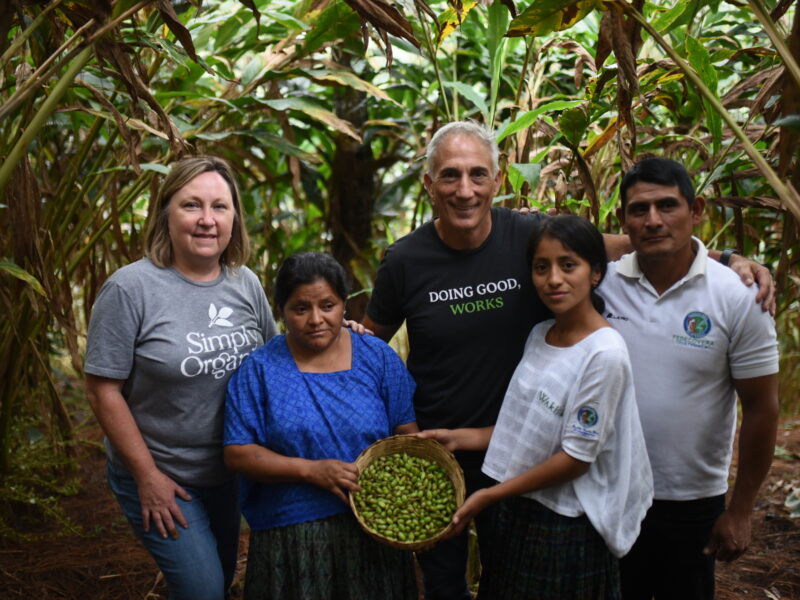
Written by The Organic Center
Organic turns down the dial on climate change!
We know that the Organic Center usually only has 10 New Year’s resolutions, but this year we’ve put in a bonus resolution about climate change, because populations around the world have been seeing negative impacts of climate change, threatening our health, society, environment, and food systems. There are multiple studies showing that organic production is better for both reducing greenhouse gas emissions and sequestering carbon in the soil. The 2019 research we’re highlighting looks at farming systems’ impact on energy use and greenhouse gas emissions, and finds that on a per-area basis, organic systems use less energy and emit fewer greenhouse gases than conventional systems, especially when crop rotations are long and diversified. MORE
Organic supports healthy soil for healthier plants
Organic farming techniques have long been proven to help foster and restore soil health, replenish soil organic carbon and preserve underground biodiversity. A study published in Nature: Scientific Reports shows that organic farming promotes beneficial soil fungi that leads to healthier crops with increased plant growth, vigor, and yield. Another study recently published in Organic Agriculture discovered that some organic strategies provide a bigger bang for soil health than others and this information can help organic farmers make choices that benefit the earth and their operations.
Organic farming boosts biodiversity both above- and below-ground.
It is well known that organic farming practices increase important and beneficial biodiversity. A new study published in Biota Neotropica shows this is especially true for coffee. Both above and below-ground insect populations were compared in conventional versus organic coffee farms in Brazil, the world’s second-largest coffee producing country. The study showed the diversity of soil insects, earthworms and above-ground insects was much greater in organic coffee farms. Another study published in Emirates Journal of Food & Agriculture found that organic farming can increase the amount and diversity of beneficial fungi in soils beneath a range of crops. These soil fungi provide important services to plant and soil health by increasing nutrient cycling and improving soil structure and fertility.
Organic provides critical food for the bees.
Every year more and more evidence comes out showing the multitude of benefits organic farming provides pollinator communities. This year was no different, with a study published in the Journal of Applied Ecology showing that the number of adult bees in hives increases because organic farms have more flowering weeds and diversified crops that provide a continuous, healthy diet for honeybees. Pesticide drift is also reduced with more organic farms in the landscape, which reduces bee die-offs.
While you’re saving bees, save the… fish!
New research shows that the class of pesticides — neonicotinoids — used in conventional agriculture that is infamous for decimating pollinator populations can also have negative impacts on fish health. A new study in Science shows the consequences of neonicotinoids reach beyond insects like bees and are causing fish populations to crash. Researchers found that neonicotinoid applications to watersheds have caused important food sources for freshwater fish to crash, leading to significantly smaller fish populations.









